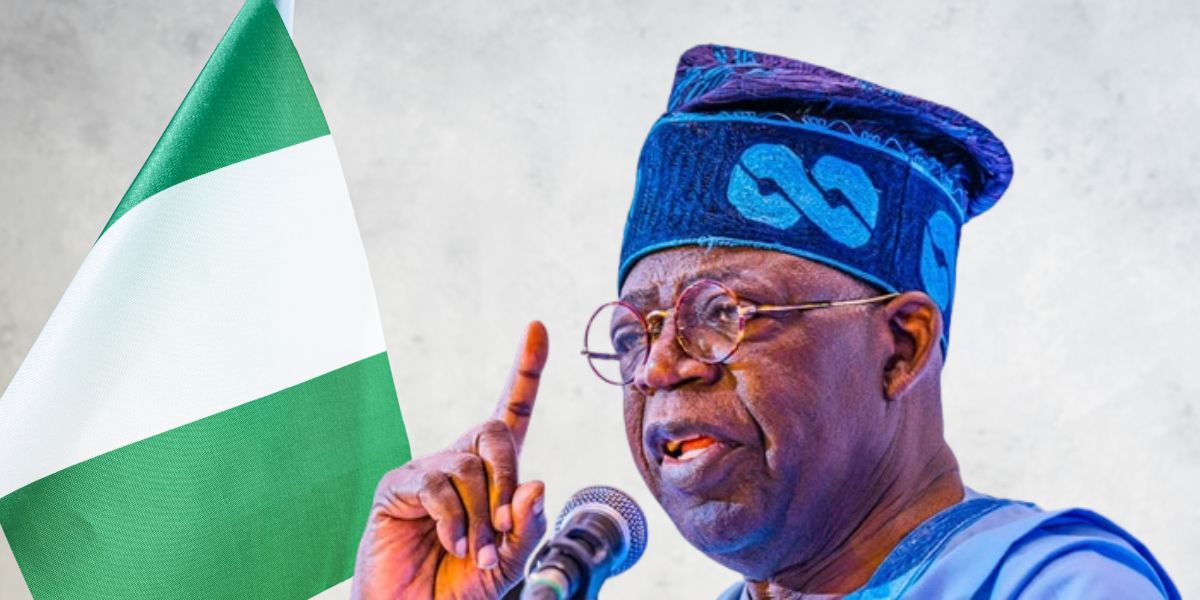Minimum Wage And State Governments …C0NTINUE READING HERE >>>
On Monday, President Bola Ahmed Tinubu signed the National Minimum Wage Bill 2024 into law, which the National Assembly had speedily passed last week. That ended the process that started when the federal government set up a Tripartite Committee with a mandate to arrive at a new national minimum wage for Nigerian workers.
The committee, which was inaugurated on January 30, 2024, comprised representatives of the federal and state governments, the private sector, and organised labour, and was headed by a former head of the service of the federation, Bukar Goni Aji.
After a series of negotiations, the parties agreed on N70,000 as the new national minimum wage for the least-paid worker in Nigeria. A boost to the agreement is that the period for minimum wage renegotiation was reduced from five to three years.
Nevertheless, the new minimum wage is a steep climb down from the N615,000 a month that Labour had first proposed. It benchmarked it on relevant economic indices before coming down to N500,000 and then N250,000.
On its side, the federal government had gradually come up from its first proposal of N45,000 before going up to N62,000. While many are relieved that the drawn-out exchange between government and Labour over the minimum wage issue has come to a conclusion, not a few have expressed misgivings that N70,000 is not enough to sustain a worker for a month in Nigeria, going by the prevalent inflationary trend which has placed the price of food items, transportation, and other services beyond the reach of most Nigerians. Symbolically, the minimum wage cannot buy a bag of rice, let alone a bag of beans.
At N70,000 (or $44), Nigeria’s minimum wage is one of the lowest in Africa. Seychelles has the highest, with a minimum wage of $465.4 (or N773,061.98) a month. In West Africa, Equatorial Guinea pays $211.54 (or N351,382.75) to the least-paid formal worker.
After the presidential assent, Senate President Godswill Akpabio reiterated his earlier assertion that the agreed sum is not only for federal public servants but the least that any Nigerian worker should be paid, including domestic staff like drivers, cleaners, and housemaids.
Akpabio’s explanation means that the federal lawmakers had amended the provision in the repealed Minimum Wage Law of 2019, which restricted the minimum wage applicable to organisations with at least 25 workers and excluded seasonal and part-time workers.
One of the recommendations of the tripartite committee restricts the minimum wage observance to organisations with 10 workers and above. For a law that is hardly justiciable, it will be interesting to see how domestic staff can successfully demand to be paid the minimum wage by their employers, including those who themselves may be receiving minimum wage.
Also, in a country with weak institutions like Nigeria, such a category of workers who mostly do not belong to trade unions hardly has anybody to fight their cause.
However, a sticking point during the minimum wage negotiations is the private sector segment, which said its members would need federal government support to pay the stipulated wage and the state governors who, it was believed, had argued for a lower wage benchmark.
President Bola Ahmed Tinubu had declared his desire to pay workers a living wage to afford a decent living condition; however, the reported objection of state governors meant that what was agreed fell far below expectation.
Now that this wage figure has been agreed upon and signed into law, it behooves all levels of government – federal, state, and local – to ensure the full implementation of the new national minimum wage and private sector organisations that fall within the salary belt.
As a newspaper, we enjoin particularly state governors to ensure that they comply with the new wage law.
Richer state governments should pay more. They must treat this wage law with the seriousness it deserves. Hence, we call for a departure from the past in which many of the state governors failed to implement the N30,000 minimum wage law approved in 2019 despite the gradual erosion of the purchasing power of the workers’ salaries over the last few years.
In our opinion, the Tinubu government must devise a way, if possible, to compel state governors to pay the new minimum wage. Over the years, they have shown a proclivity to amass stupendous wealth from state resources and waste huge funds on white elephant projects that have no bearing on the wellbeing of their subjects, yet when it comes to paying salaries, they come up with all manner of excuses. That shall no longer be tolerated.
>
